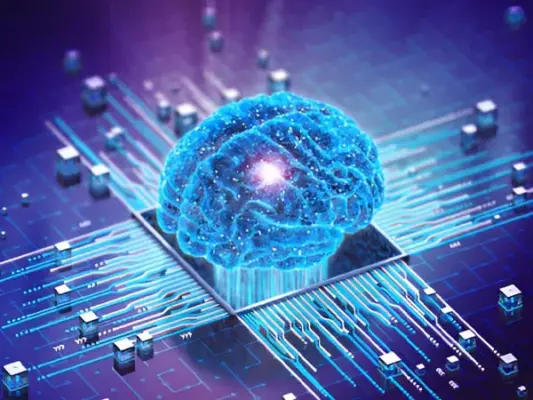
Artificial Intelligence (AI) has a fascinating and complex history that spans centuries, with roots in mythology, philosophy, and the early days of computing. This journey has transformed AI from a theoretical concept into a groundbreaking technology that impacts almost every aspect of modern life. Let’s explore the major milestones in the history of AI.
Ancient Foundations
- Mythology and Philosophy: The concept of artificial beings with intelligence dates back to ancient mythology and philosophy. Stories of mechanical men and artificial beings appear in Greek mythology, while philosophers like Aristotle pondered the nature of thought and intelligence.
Early Mechanical Automatons
- 17th-19th Centuries: Early inventors created mechanical automatons that could perform simple tasks, such as playing musical instruments or writing. These inventions were more about engineering marvels than true intelligence but laid the groundwork for thinking about machines mimicking human actions.
The Dawn of Computing
- 1830s – Charles Babbage and Ada Lovelace: Charles Babbage designed the Analytical Engine, an early mechanical general-purpose computer. Ada Lovelace, often regarded as the first computer programmer, recognized that the machine could follow instructions to perform tasks, hinting at the idea of machine intelligence.
The Birth of AI as a Concept
- 1950 – Alan Turing: Alan Turing, a British mathematician, and logician published his seminal paper “Computing Machinery and Intelligence,” proposing the Turing Test to determine if a machine could exhibit human-like intelligence.
- 1956 – Dartmouth Conference: The term “Artificial Intelligence” was coined during the Dartmouth Conference, organized by John McCarthy, Marvin Minsky, Nathaniel Rochester, and Claude Shannon. This event is considered the birth of AI as an academic field.
The Early Years of AI Research
- 1950s-1960s – Symbolic AI: Early AI research focused on symbolic AI, where machines used symbols to represent knowledge and solve problems. Notable achievements include the Logic Theorist by Allen Newell and Herbert A. Simon and the General Problem Solver (GPS).
The Rise of Expert Systems
- 1970s-1980s – Expert Systems: AI research shifted towards developing expert systems, which could mimic the decision-making abilities of human experts. MYCIN, an early expert system for diagnosing bacterial infections, was a notable success.
The AI Winter
- 1980s-1990s: Despite early successes, AI faced significant challenges, such as limited computing power and unrealistic expectations. Funding decreased, leading to a period known as the “AI Winter,” where progress slowed.
The Renaissance of AI
- 1990s-2000s – Machine Learning: Advances in computing power, data availability, and algorithms led to a resurgence in AI, particularly in machine learning. Techniques like neural networks, which mimic the human brain, gained popularity.
- 1997 – Deep Blue vs. Garry Kasparov: IBM’s Deep Blue defeated world chess champion Garry Kasparov, showcasing the potential of AI in complex tasks.
The Era of Big Data and Deep Learning
- 2010s – Deep Learning and Big Data: The explosion of big data and improvements in deep learning algorithms, such as convolutional neural networks (CNNs) and recurrent neural networks (RNNs), revolutionized AI. Applications in image recognition, natural language processing, and autonomous vehicles flourished.
- 2016 – AlphaGo: Google’s DeepMind developed AlphaGo, an AI program that defeated the world champion Go player, demonstrating the power of deep learning and reinforcement learning.
AI in Everyday Life
- 2020s – AI Integration: AI has become ubiquitous, with applications in healthcare, finance, entertainment, and more. Virtual assistants like Siri and Alexa, recommendation systems on platforms like Netflix and Amazon, and autonomous vehicles are examples of AI’s integration into daily life.
Conclusion
The history of AI is a testament to human ingenuity and perseverance. From early mechanical automatons to advanced deep learning systems, AI has evolved dramatically, overcoming numerous challenges along the way. As AI continues to develop, it promises to reshape our world in ways we are only beginning to understand.